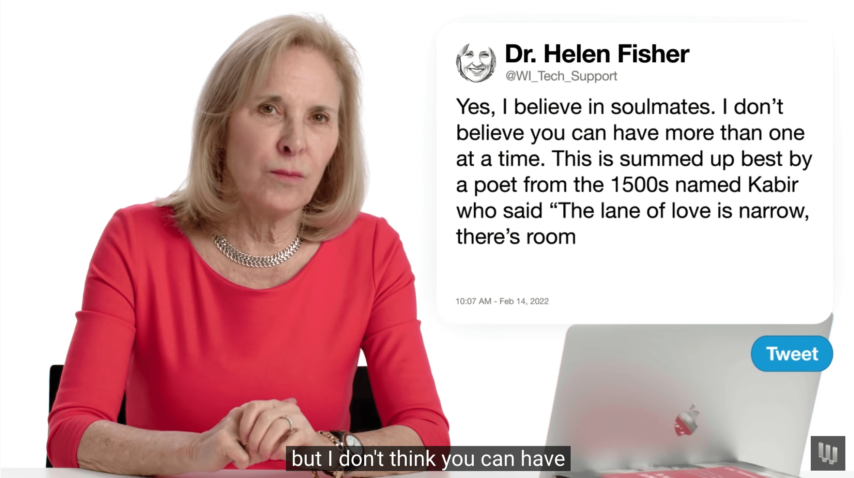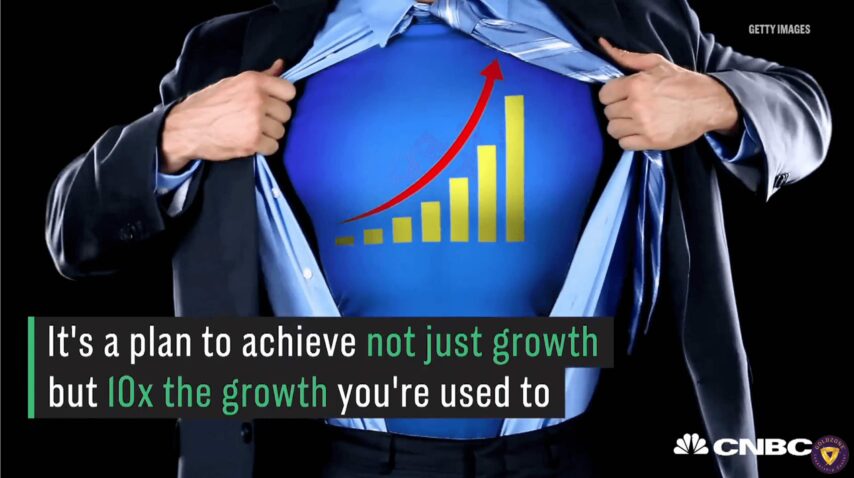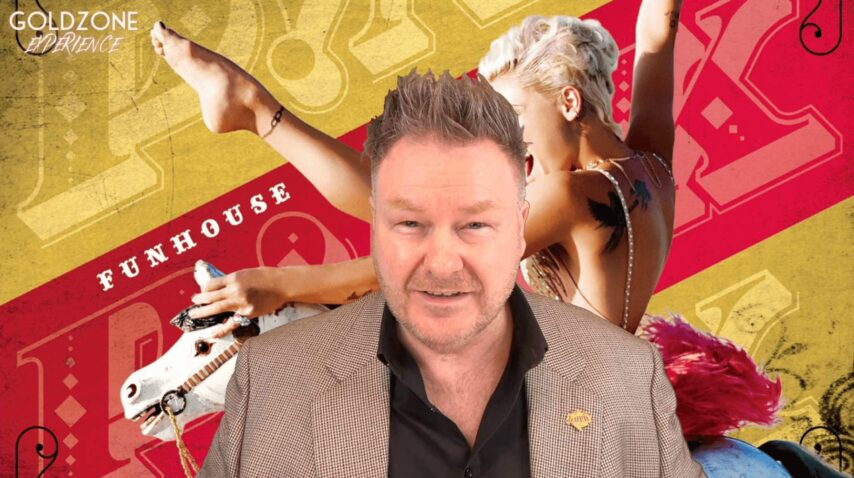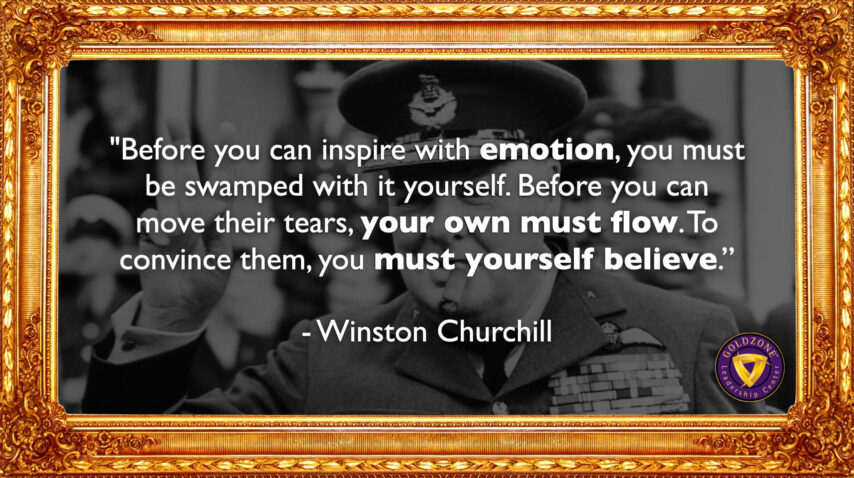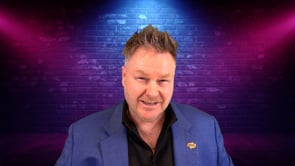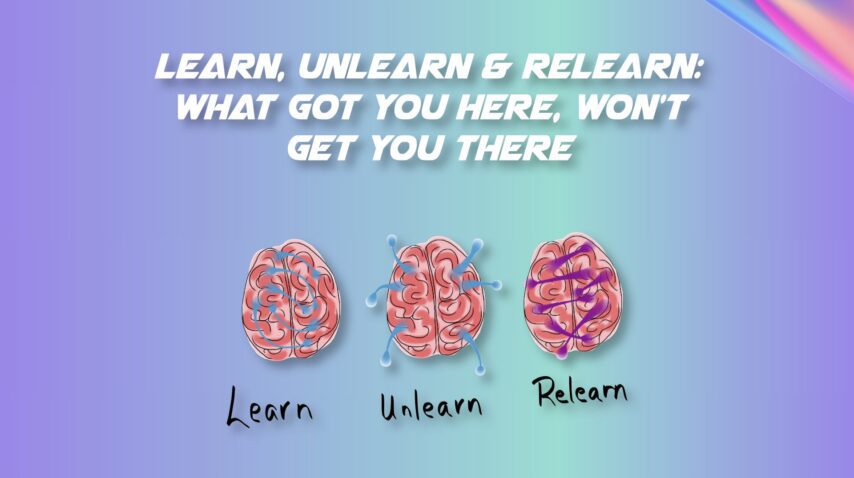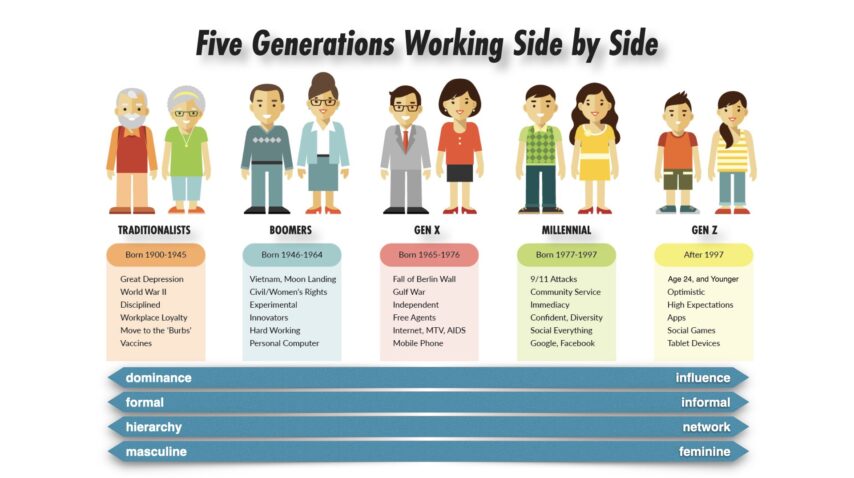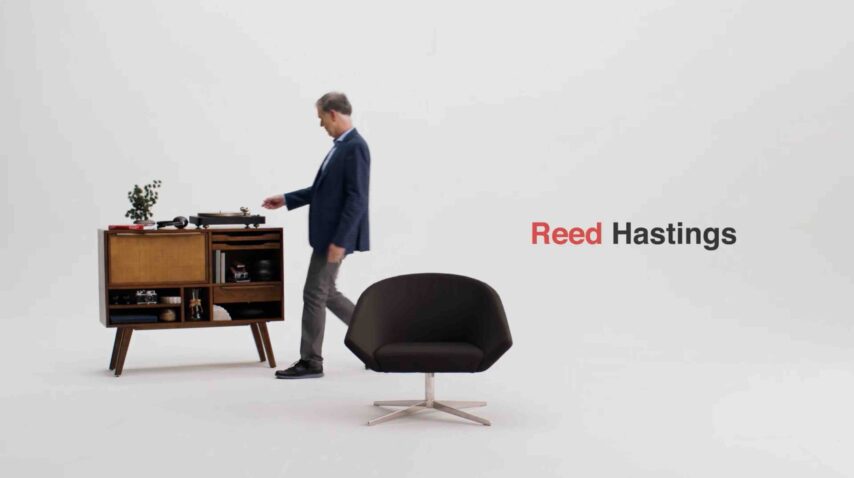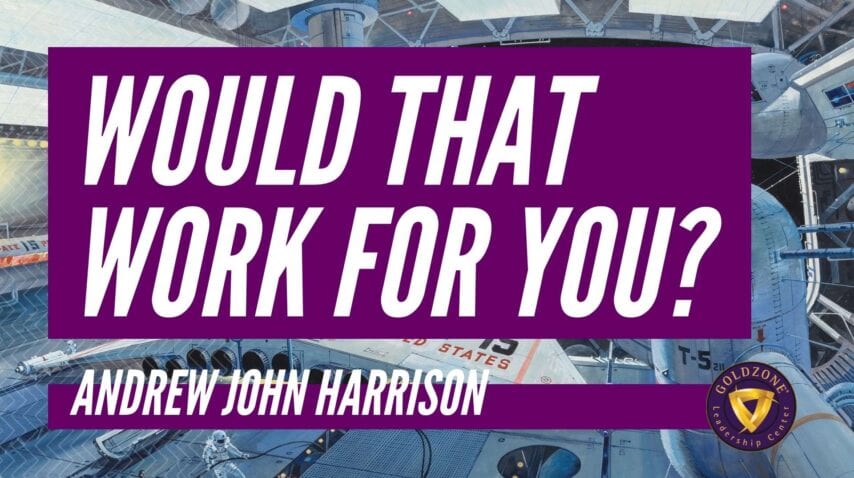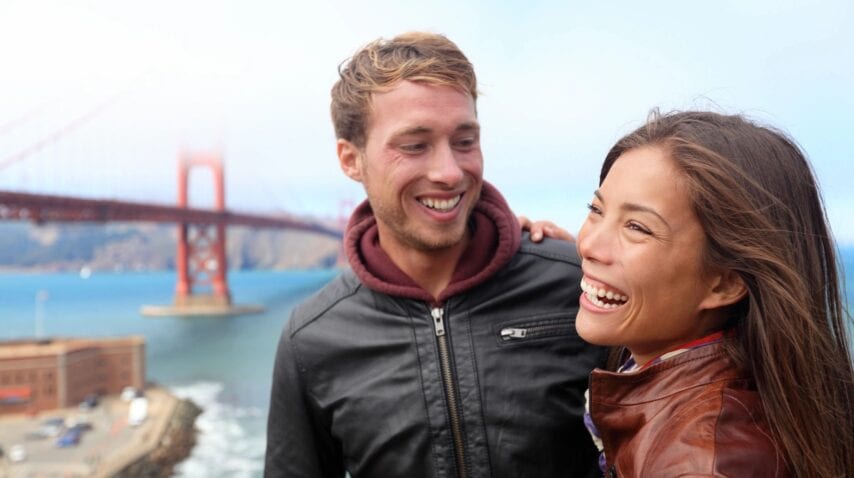Honesty by David Whyte
Honesty is reached by the doorway of grief and loss. Where we cannot go in our mind, our memory, or our body is where we cannot be straight with another, our world, or our self. The fear of loss, in one form or another, is the motivator behind all conscious and unconscious dishonesties: all of us are born to be afraid of loss, in all its forms, all of us, at times, are haunted or overwhelmed even by the possibility of a disappearance, and all of us therefore, are but one short step away from dishonesty. Every human being dwells intimately close to a door of revelation they are afraid to pass through. Honesty lies in understanding our close and necessary relationship with not wanting to hear the truth.
The ability to speak the truth is as much the ability to describe what it is like to stand in trepidation at this door, as it is to actually go through it and become that beautifully honest spiritual warrior, equal to all circumstances, we want to become. Honesty is not the revealing of some foundational truth that gives us power over life or another or even the self, but a robust incarnation into the unknown unfolding vulnerability of existence, where we acknowledge how powerless we feel, how little we actually know, how afraid we are of not knowing and how astonished we are by the generous measure of loss that is conferred upon even the most average life.
Honesty is grounded in humility and indeed in humiliation, and in admitting exactly where we are powerless. Honesty is not found in revealing the truth, but in understanding how deeply afraid of it we are. To become honest is in effect to become fully and robustly incarnated into powerlessness. Honesty allows us to live with not knowing. We do not know the full story, we do not know where we are in the story; we do not know who ultimately, is at fault or who will carry the blame in the end. Honesty is not protection; honesty is not a weapon to keep loss and heartbreak at bay, honesty is the outer diagnostic of our ability to come to ground in reality, the hardest attainable ground of all, the place where we actually dwell, the living, breathing frontier where we are given no choice between gain or loss.
Director: Mark Pellington in collaboration with Poet David Whyte.
Courtesy of Nowness. Ana Rosado is a freelance fashion and culture journalist based in London.
The pioneering director Mark Pellington first came to prominence during MTV’s golden age of the late 1980s and early 1990s. Creating a style led by the innate emotion of music and the darker side of pop culture, his zeitgeist-defining videos take in the hypnotic roaming buffalos of U2’s “One,” the ferocious cut-and-paste energy of Public Enemy’s “Shut ‘Em Down,” and the visceral, saturated colors of “Jeremy” by Pearl Jam. Pellington’s new film project, Honesty, is inspired by poet David Whyte’s liberating essay of the same name. Dealing with loss, powerlessness, and fear, the work is more akin to a performance art piece, with 32 individuals invited to participate in an emotional purge and emancipation of grief. Here Pellington discusses what inspired him to interpret Whyte’s thesis.
“The words written by David blew me away. They don’t preach but they speak their own beliefs in a very strong and challenging way. Each person was cast randomly having no knowledge of the essay. They were only asked if they had experienced loss. They entered the room four at a time and were asked to simply walk forward, stand in front of the camera and listen to the soundtrack–the poem read by David accompanied by Jeff Rona’s sound design and score.
“It was a beguiling and odd experiment. I had spent so much creative energy in the past 10 years exploring grief after the death of my wife and my mother. Seeing fresh grief and the processing of trauma in these subjects, some very raw, aided me in reflecting on the universality of this deep feeling and hence made me less isolated, less selfish, more compassionate, and empathetic. It was freeing.
“I’ve thought of releasing the footage as Honesty singles, to let the entire experience wash over you. Not a Warhol type of endurance film, but certainly three minutes of pure processing, seeing the shifts people took listening to the powerful words.”





